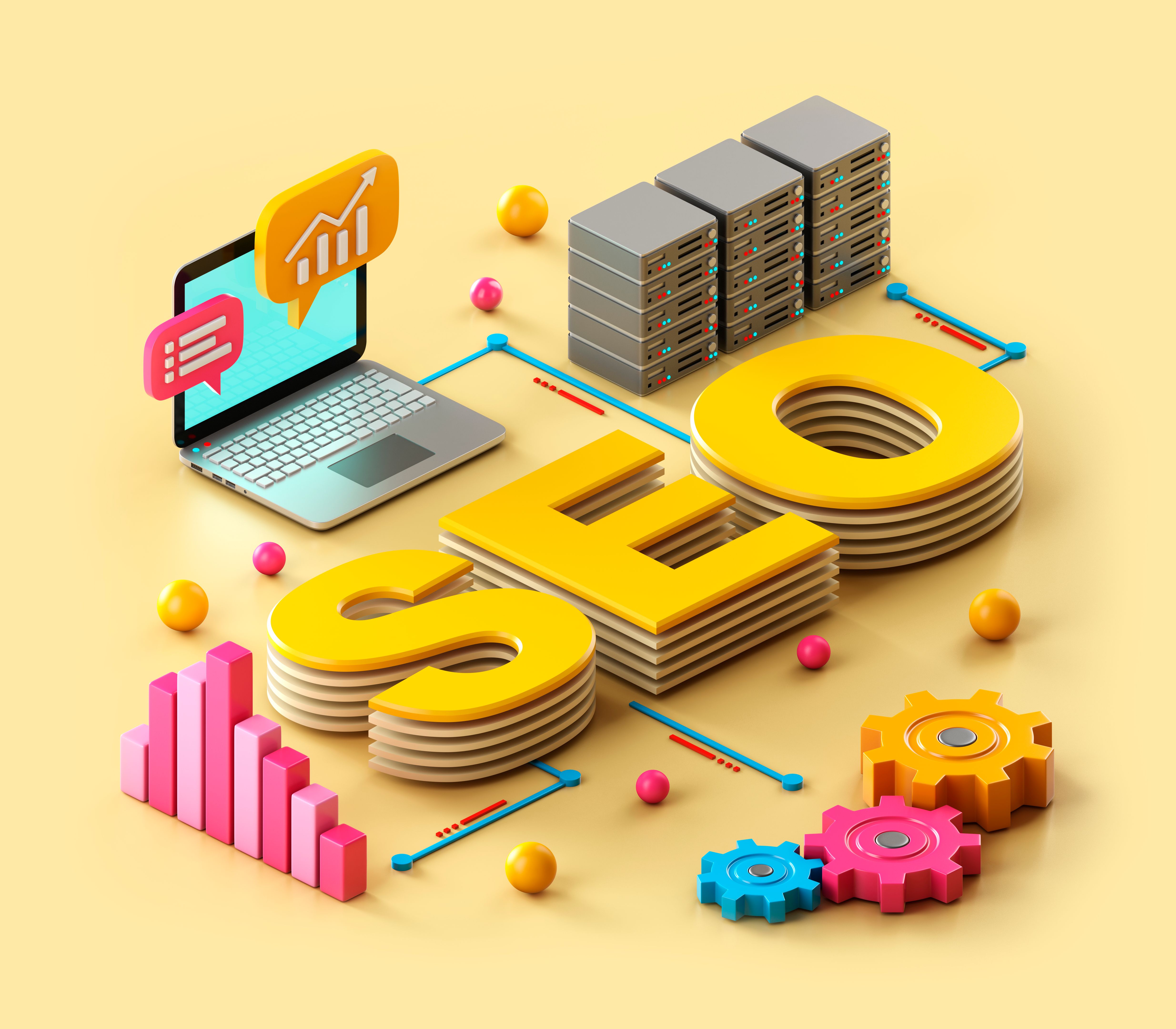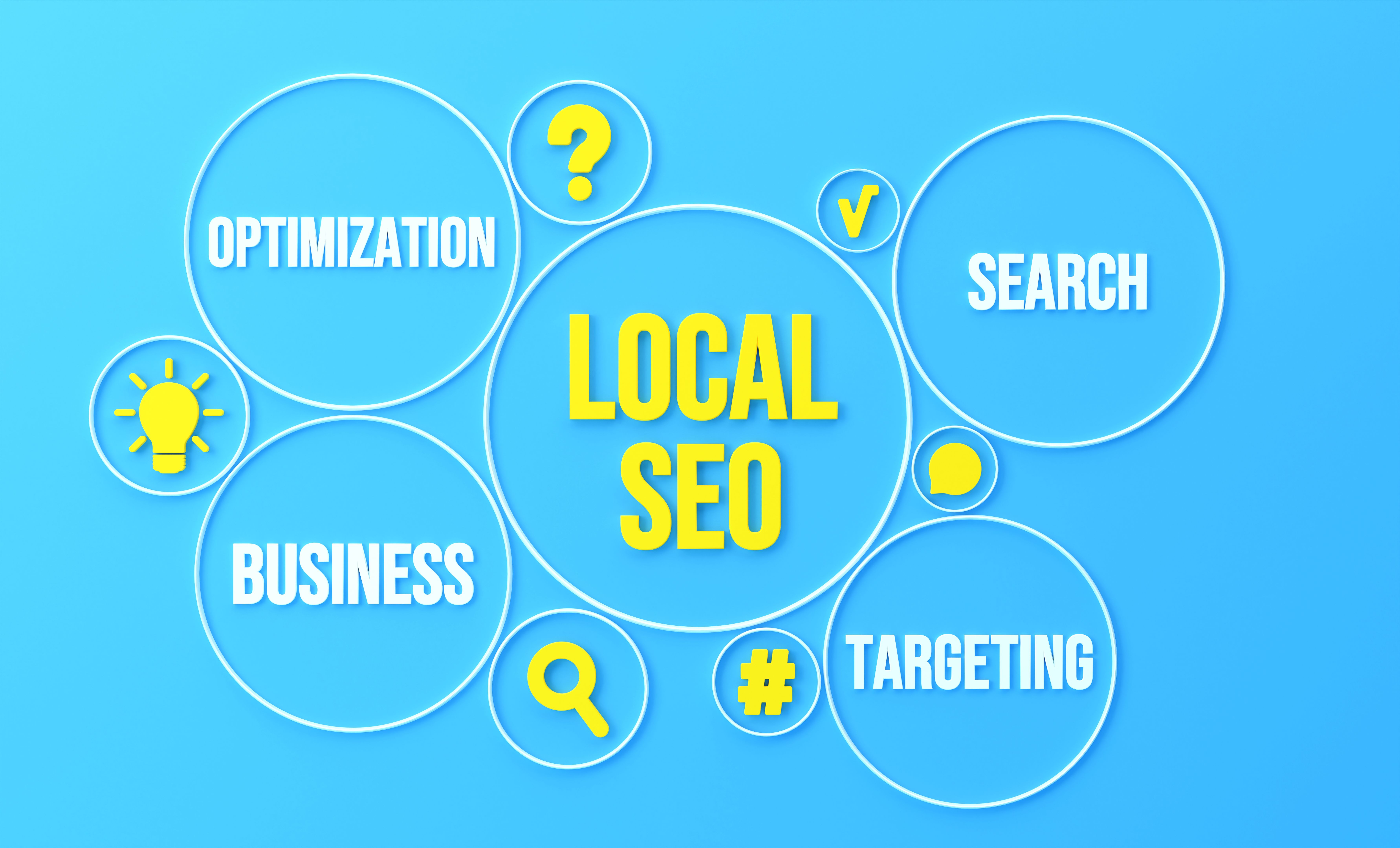Debunking SEO Myths in Real Estate: What Really Works
Understanding SEO Myths in Real Estate
In the world of real estate, SEO (Search Engine Optimization) is often misunderstood. Many myths persist, leading real estate agents and agencies to adopt ineffective strategies. Let's explore some of the most common myths and clarify what really works for real estate SEO.

Myth 1: More Keywords Mean Better Rankings
A prevalent myth is that stuffing more keywords into your content will lead to higher rankings. In reality, search engines prioritize quality over quantity. Keyword stuffing can actually harm your SEO efforts, as search engines may flag your website as spammy. Instead, focus on naturally incorporating relevant keywords into your content.
Myth 2: SEO Is a One-Time Task
Some believe that once their website is optimized, the job is done. However, SEO is an ongoing process. The digital landscape and search engine algorithms are constantly evolving. Regular updates and optimizations are necessary to maintain and improve your rankings over time.

The Truth About Effective SEO Practices
Content Is King
The saying "content is king" holds true in real estate SEO. High-quality, informative content that addresses the needs and questions of your target audience is crucial. Blog posts, property descriptions, and neighborhood guides are excellent ways to provide value to potential clients while improving your SEO.
The Role of Local SEO
For real estate agents, local SEO is vital. Optimizing for local search terms helps you connect with clients in your area. This includes claiming your Google My Business listing and ensuring your NAP (Name, Address, Phone number) information is consistent across all platforms.

Technical Aspects of Real Estate SEO
Importance of Mobile Optimization
With a significant amount of property searches conducted on mobile devices, having a mobile-friendly website is essential. Mobile optimization not only improves user experience but also impacts your search engine rankings as Google prioritizes mobile-first indexing.
Boosting Site Speed
A fast-loading website is crucial for retaining visitors and improving SEO. Slow sites lead to higher bounce rates, negatively affecting your rankings. Utilize tools to test and enhance your website's speed, ensuring quick load times for users and search engines alike.

By debunking these common myths and focusing on proven strategies, real estate professionals can better harness the power of SEO to attract and engage potential clients. Remember, effective SEO requires a commitment to continuous improvement and adaptation in an ever-changing digital landscape.